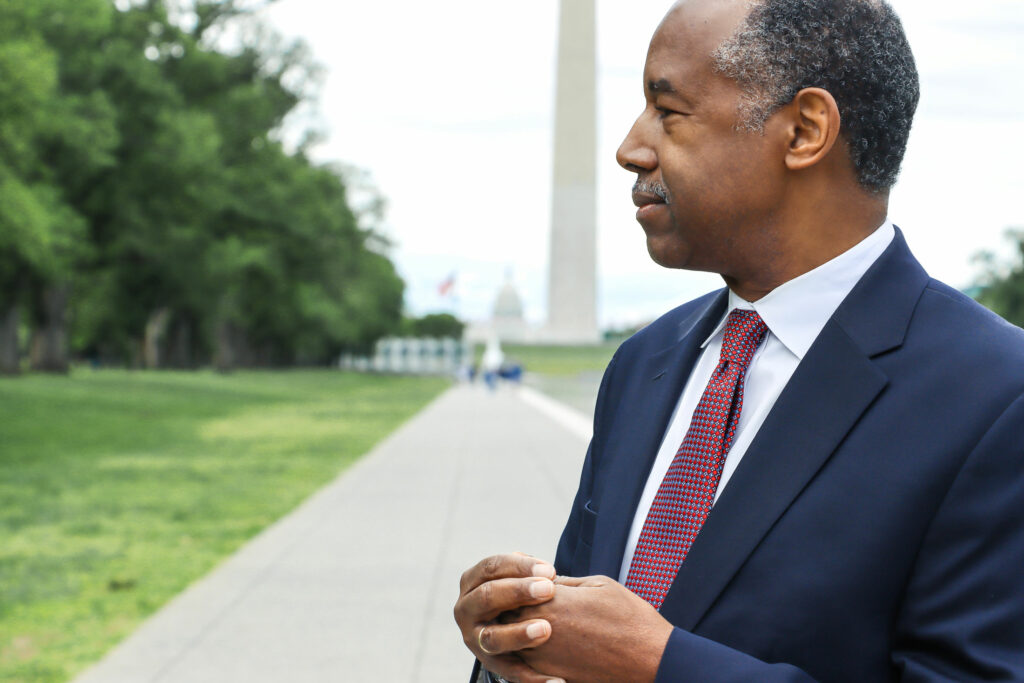 The Chinese Communist Party (CCP) is on a quest to dominate the United States via various economic, military, and even social means. National security threats (especially from the Chinese) come in several forms, but one in particular is gripping the nation: the incredibly popular social media app TikTok. This seemingly harmless app is proving to be second “viral” attack originating from China, only this time in digital form.
The Chinese Communist Party (CCP) is on a quest to dominate the United States via various economic, military, and even social means. National security threats (especially from the Chinese) come in several forms, but one in particular is gripping the nation: the incredibly popular social media app TikTok. This seemingly harmless app is proving to be second “viral” attack originating from China, only this time in digital form. The first issue is that TikTok gives the Chinese government access to user data. Tik Tok’s parent company ByteDance and all businesses in China are subject to the 2017 National Intelligence Law, which states, “All organizations and citizens shall support, assist, and cooperate with national intelligence efforts in accordance with law, and shall protect national intelligence work secrets they are aware of.” Under this law, the Chinese government is free to coerce and coopt any manufacturers and services providers to target the United States government and its citizens for espionage and information advantage, which is a big part of the reason why many states and government agencies have banned the app on official devices.
Tik Tok has also been accused of extreme privacy violations via their mass data collection operation. The app collects sensitive information from all of its users, including personal contacts, relationship status, email addresses, phone numbers, uploaded content, information about keystroke patterns, battery levels, audio settings, mobile carrier, wireless connections, device brand and model, operating system, browsing history, methods of data consumption, time spent watching posts, searches, apps, filenames and filetypes, and even physical location.
Combine all of this exposed data with the high likelihood that TikTok is accessible to Chinese spy agencies, and the app becomes a blank check for anything and everything the CCP needs to access the app’s over 170 million domestic users.
All of this serves to aid and abet the Chinese Communist Party’s social struggle for domination over the west and control of information flow. The CCP’s aim is to spread disinformation, amplify discontent, and sow division in young western minds. Just last year, NSA Director Paul Nakasone issued a stern warning against the Tik Tok algorithm, and said that the app was being used to carry out influence operations against the United States.
So, what is being done in Washington to combat this Chinese threat?
The House of Representatives just overwhelmingly (352-65) passed a bill which attempts to stop these malicious attacks via the social media app. First, the bill requires TikTok’s parent company to divest its holdings within six months or else face a total ban in the United States. Second, the bill establishes a process for the President to designate other foreign adversary controlled social media applications, which could then face prohibition and restricted access to web hosting services in the United States unless they sever ties to the foreign adversary-controlled company.
The bill now moves over to the Senate, where there is strong support but also a vehement effort to slow walk the bill, led by noted big tech sympathizer Senate Commerce Committee Chairwoman Maria Cantwell to bog down the process with a committee hearing and a possible rewrite of the bill.
This brings up the question: Is this bill the right policy for our country?
Opponents of the bill argue that while it is important to ban Tik Tok, this doesn’t solve the problem. This faction says it would be a temporary band-aid on the problem, favoring a conditions-based solution using a number of factors to determine what companies meet criteria to be banned, not just Tik Tok. This would allow for a more constructive policy-based focus allowing us to create a process in the future should (and it will) this happen again.
Supporters of the bill argue that this is an important step to combat espionage and propaganda efforts from one of our foremost geopolitical adversaries, and the app itself poses a national security threat given the information it can divulge to the CCP.
In the meantime, we can earnestly watch the Senate proceedings, and see what they decide to do with the House’s bill that could essentially ban the app.
